Stephanie Schultz, B.Sc., of the Wisconsin Alzheimer’s Disease Research Center discusses new research suggesting that participation in mentally stimulating activities.
New Research on Alzheimer’s Disease Risk Factors

Trending Topic
Key topics and highlights from the Late-Breaking News session at the European Academy of Neurology (EAN) meeting are discussed in this interview, where Dr. Miguel Miranda provides valuable insights. He addresses unmet medical needs in dementia, aging, and movement disorders, drawing on his experience from Unidade Funcional de Neurologia, Hospital de Cascais Dr. José de Almeida, Cascais, Portugal, as he joins touchNEUROLOGY.
Related Videos in Alzheimer's Disease and Dementia
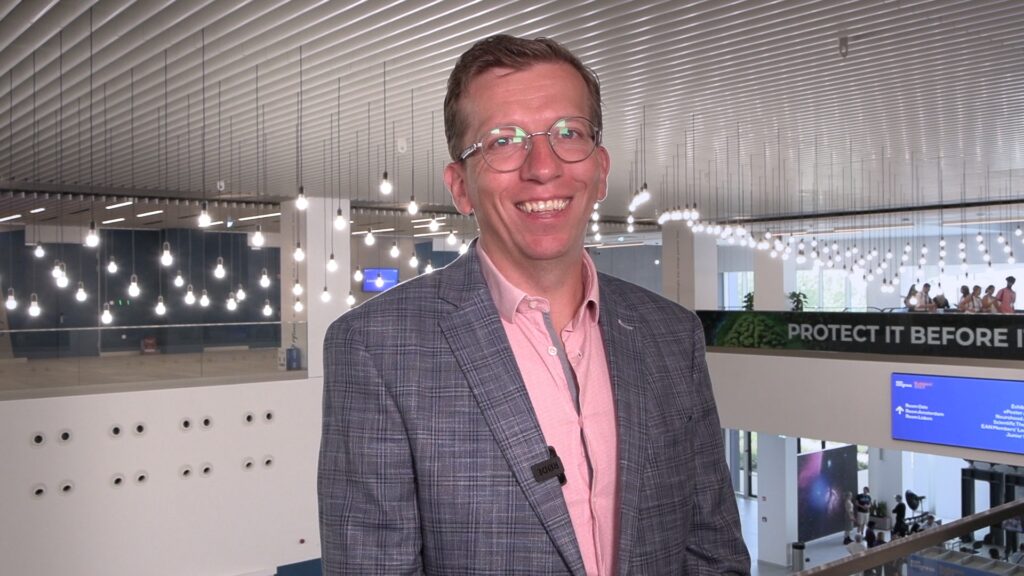
Dr Kristian Steen Frederiksen (Danish Dementia Research Center, Denmark, Copenhagen) summarizes some of the key updates to the EAN guidelines, and the take-home messages presented at the annual European Academy of Neurology (EAN), July 1–4, 2023. Disclosures: Kristian Steen Frederiksen has no ...

Dr Kristian Steen Frederiksen (Danish Dementia Research Center, Denmark, Copenhagen) discusses his highlights from the annual European Academy of Neurology (EAN), July 1–4, 2023 in the field of Alzheimer's disease and dementia. Disclosures:Kristian Steen Frederiksen has no financial or non-financial conflicts ...

The LifeAfter90 (LA90) Study aims to understand what cognitive ageing and dementia look like among individuals aged 90 and above. In this interview, Dr Kristen George (University of California Davis School of Medicine, University of California, Davis, CA, USA) discussed what ...
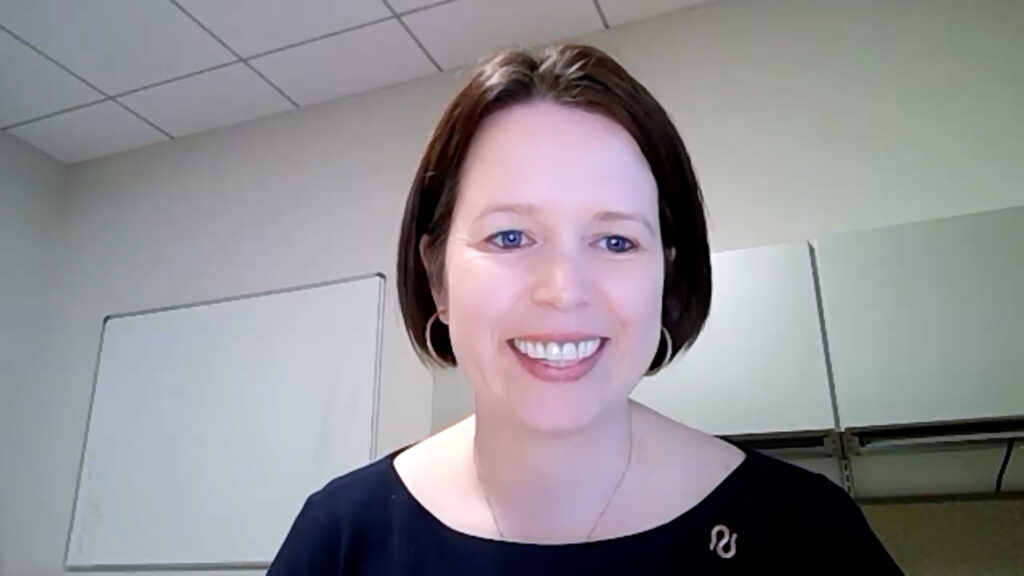
The Alzheimer’s Association International Conference (AAIC) is the largest and most influential meeting dedicated to advancing Alzheimer’s and dementia research. Each year, it gathers researchers to share discoveries that'll lead to methods of prevention and treatment and improvements ...
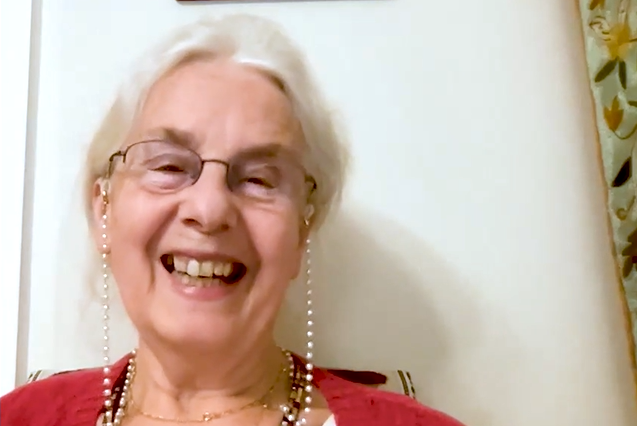
Dr Jennifer Bute is a retired GP living with dementia. She shares her experiences of diagnosis and describes the strategies that are helpful for her. Jennifer also highlights the importance of laughter, engagement and hope. Touch Medical Media is sharing ...
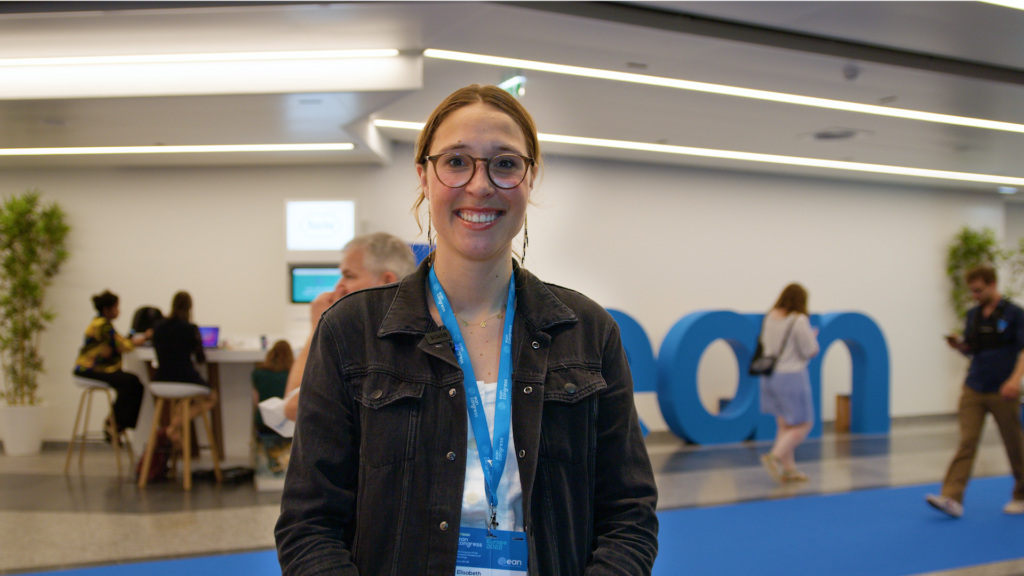
ABCA7 is a major risk gene for Alzheimer’s disease (AD), and rare premature termination codon and missense mutations are enriched in AD patients. Elisabeth Hendrickx Van de Craen (VIB-UAntwerpen, University of Antwerp, Antwerp, Belgium) spoke with touchNEUROLOGY about the ...
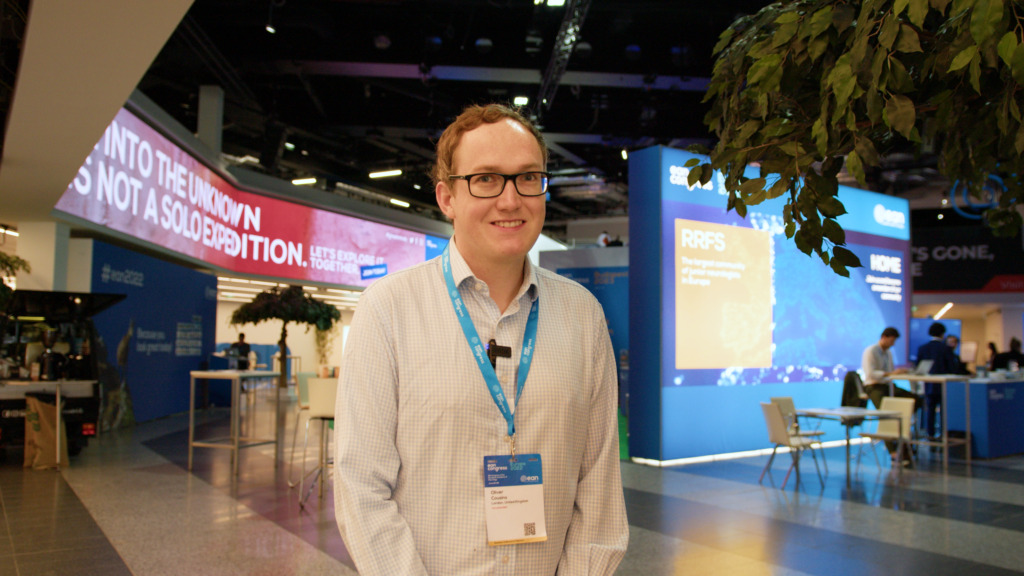
The effect of TREM2 on neurodegenerative diagnosis, cognitive profile and brain structure are discussed in this touchNEUROLOGY interview with Dr Oliver Cousins (King's College London, London, UK). Microglial genes are risk factors for neurodegenerative disease. This study investigated the association ...
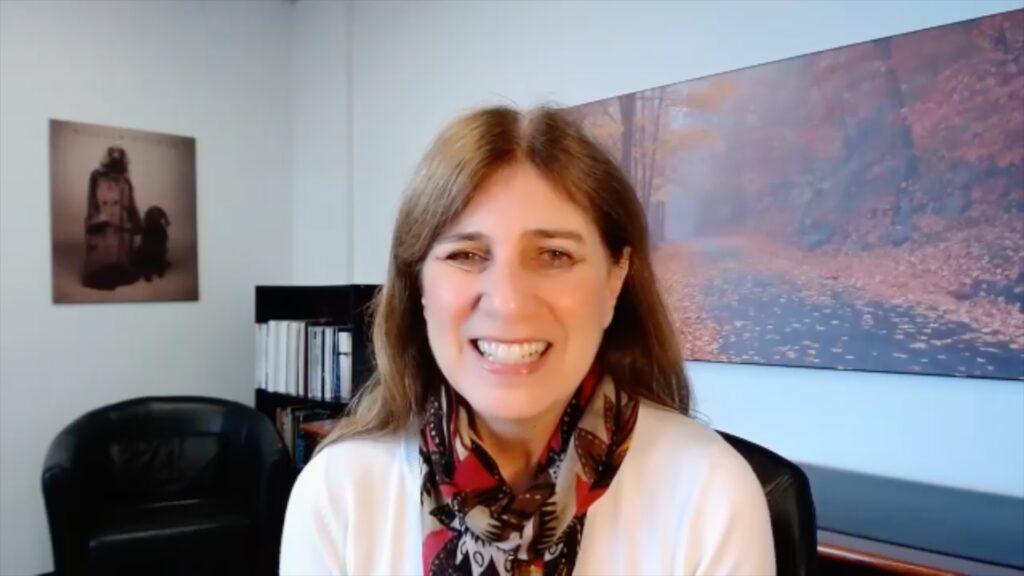
Dr Sharon Cohen joins touchNEUROLOGY to discuss the challenges in diagnosing Alzheimer’s disease (AD) at an early stage, the most exciting recent developments in diagnostic criteria, genetic testing, and neuroimaging techniques. Dr Cohen also talks through the recent developments ...

Aducanumab is a human monoclonal antibody targeting soluble and insoluble amyloid beta (Aβ) aggregates. Aducanumab was approved in June 2021 for the treatment of mild cognitive impairment due to Alzheimer’s disease or mild dementia due to Alzheimer’s disease by ...

Dr Tim Bartels (UK Dementia Research Institute, University College London, London, UK) joins touchNEUROLOGY to discuss the highlights from this year's AD/PD 2022 conference. He discusses some of his personal highlights in the field of new therapeutics for neurodegeneration, and ...
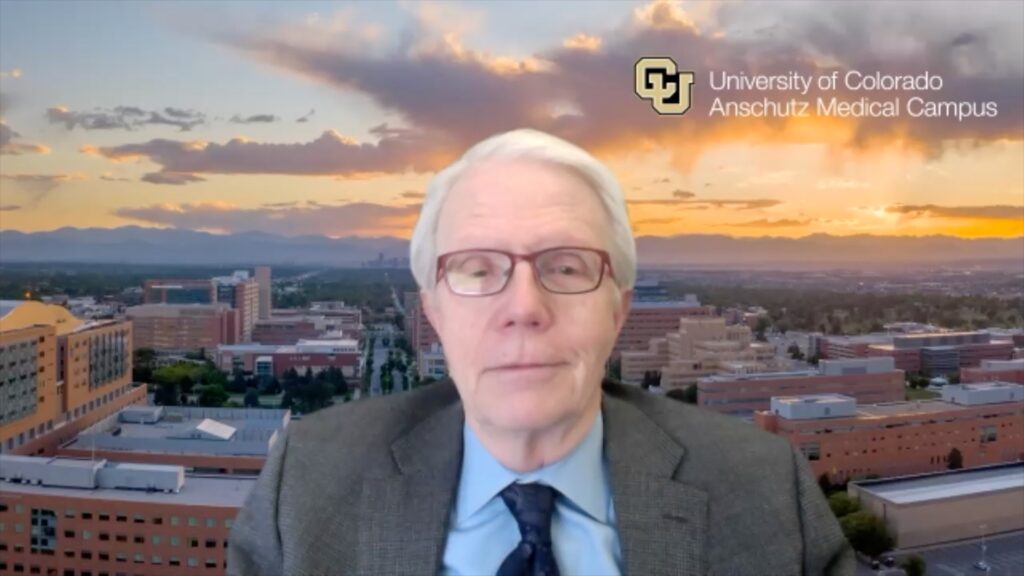
Sargramostim, an innate immune system modulator, has been FDA approved for treating leukopenia for many years. Sargramostim has been investigated in this phase 2 study to determine if it can safely halt or reduce cognitive decline and brain pathology in participants ...
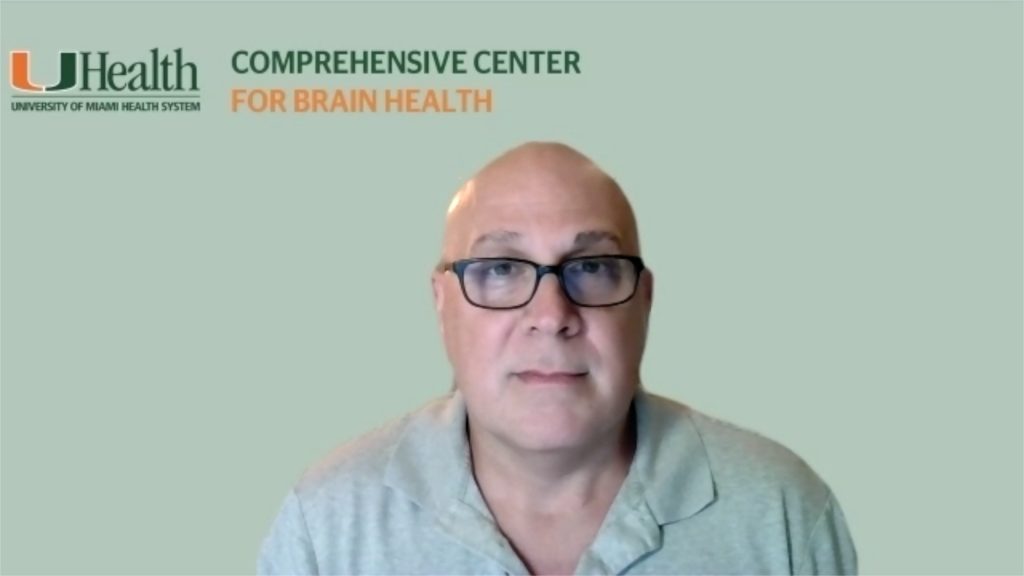
touchNEUROLOGY joins Prof James Galvin (University of Miami Miller School of Medicine, Miami, FL, USA) to discuss aducanumab for the treatment of Alzheimer’s disease, and what this recent accelerated approval might mean for future potential treatments. Questions 1. Why has ...
Latest articles videos and clinical updates - straight to your inbox
Log into your Touch Account
Earn and track your CME credits on the go, save articles for later, and follow the latest congress coverage.
Register now for FREE Access
Register for free to hear about the latest expert-led education, peer-reviewed articles, conference highlights, and innovative CME activities.
Sign up with an Email
Or use a Social Account.
This Functionality is for
Members Only
Explore the latest in medical education and stay current in your field. Create a free account to track your learning.

